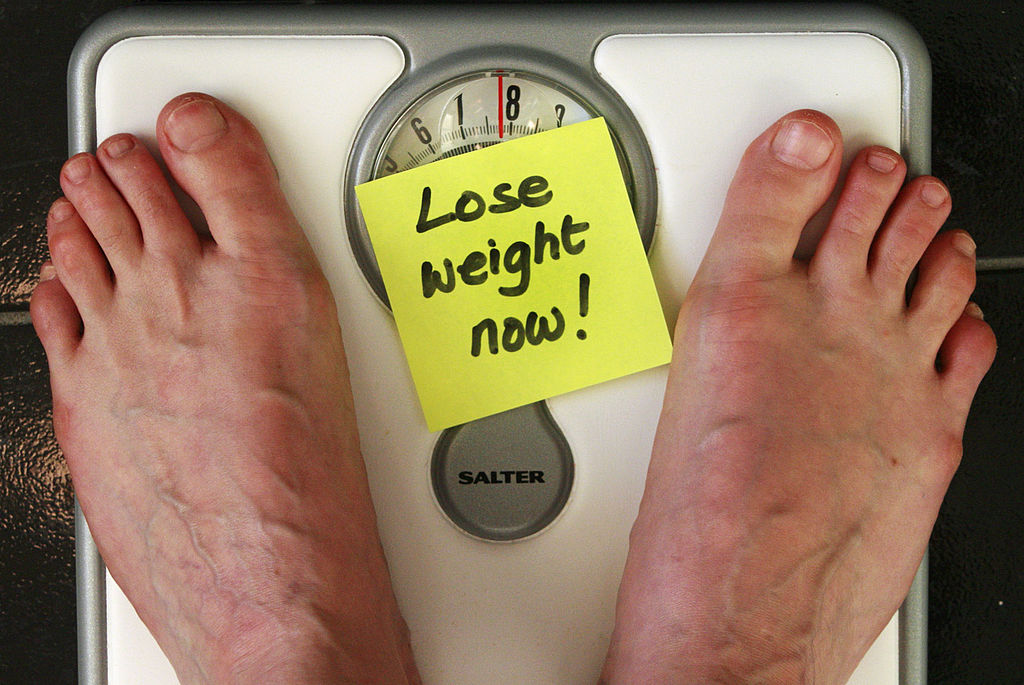Eyesight is one of our most important senses. Over two-thirds of all impressions are processed through sight. It can protect us from many dangers that our other senses may not easily detect.

As we get older, our eyesight usually changes. We gradually lose the ability to focus. The sharpness of small details isn’t what it used to be. The lenses in our eyes can cloud up and cataracts can begin to form.
Impaired eyesight can be a hindrance, but it can also be easily treated. Here are a few tips that can help you maintain good eyesight throughout your golden years:
1. Have regular eye exams.
Having a regular eye exam every year or two can help detect problems such as macular degeneration, glaucoma, and other eye diseases early. The eye doctor will usually dilate your eyes during these exams to help determine any problems. It’s an effective way to diagnose conditions so that steps can be taken to cure them.
2. Eat right and maintain a healthy weight.
A diet that is rich in fruits, vegetables, and omega-3 acids is another way to maintain healthy eyesight. Combined with regular exercise, a healthy diet can help preserve healthy eyes. Being overweight for your height can lead to diabetic eye disease and other vision problems. Losing weight can be helpful but talk to your doctor before starting any kind of diet or exercise program.
3. Wear your glasses or contact lenses regularly.
It may be easy to go through a day or two without your prescription eyewear, but it can do more harm than good over time. Wear your contacts or glasses whenever possible every day. If it’s time to renew your prescription, make an eye appointment. You can learn more online about different eyewear products that are both stylish and functional. Make sure to wear protective eyewear if you work in a factory environment or are around hazardous materials, and wear sunglasses to further protect your eyes outdoors.
4. Give your eyes a break.
If you do a lot of reading or work at a computer terminal all day, you may begin to experience eyestrain at some point. When this happens, take a break for a few minutes. Give your eyes a rest and take some time to blink. A good rule of thumb is to look away 20 feet in front of you for 20 seconds after every 20 minutes or so. This can help reduce eye strain and allow you to continue your tasks.
5. Know if you are at risk for eye disease.
You should also seek to learn more about your family’s eye health history. Many eye conditions are hereditary, so knowing your family history can help you become better prepared for possible risks. Discuss them with your ophthalmologist in order to take proactive steps to protect your eyesight.
These are just some ways to preserve your eyesight as you get older. Another helpful hint is to clean and disinfect your eyewear regularly to avoid infection. Taking care of your eyes every day can help to keep them as healthy as possible for many years to come.







